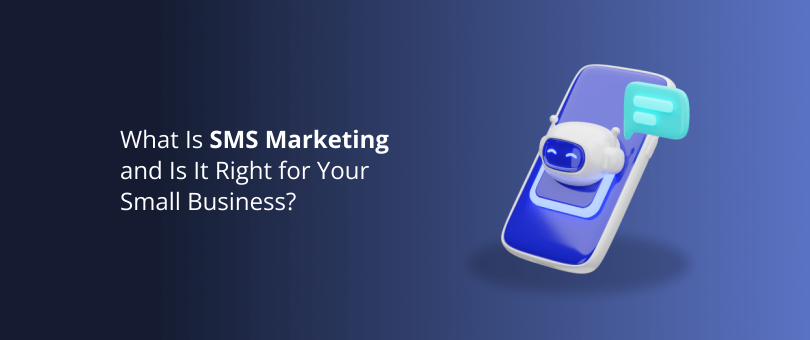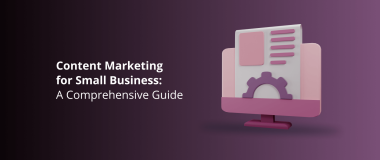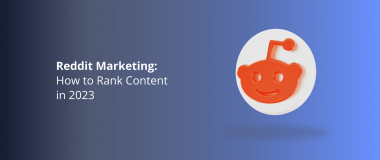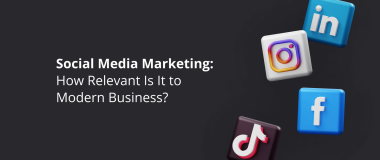Have you ever received a quick text message from your favorite store, offering you a special discount or announcing a flash sale? That’s SMS marketing in action.
With everyone glued to their mobile devices, SMS marketing allows businesses to instantly connect and communicate with their audience. Some marketers might argue that text message marketing is outdated in this fast moving tech-savvy world but they are wrong.
In 2023, SMS marketing is projected to reach a valuation of $31.7 billion. This means that businesses worldwide are predicted to spend $50 billion on SMS messaging by 2025.
SMS marketing is still incredibly relevant with its sky-rocketing open rate, and here are some more statistics to prove it:
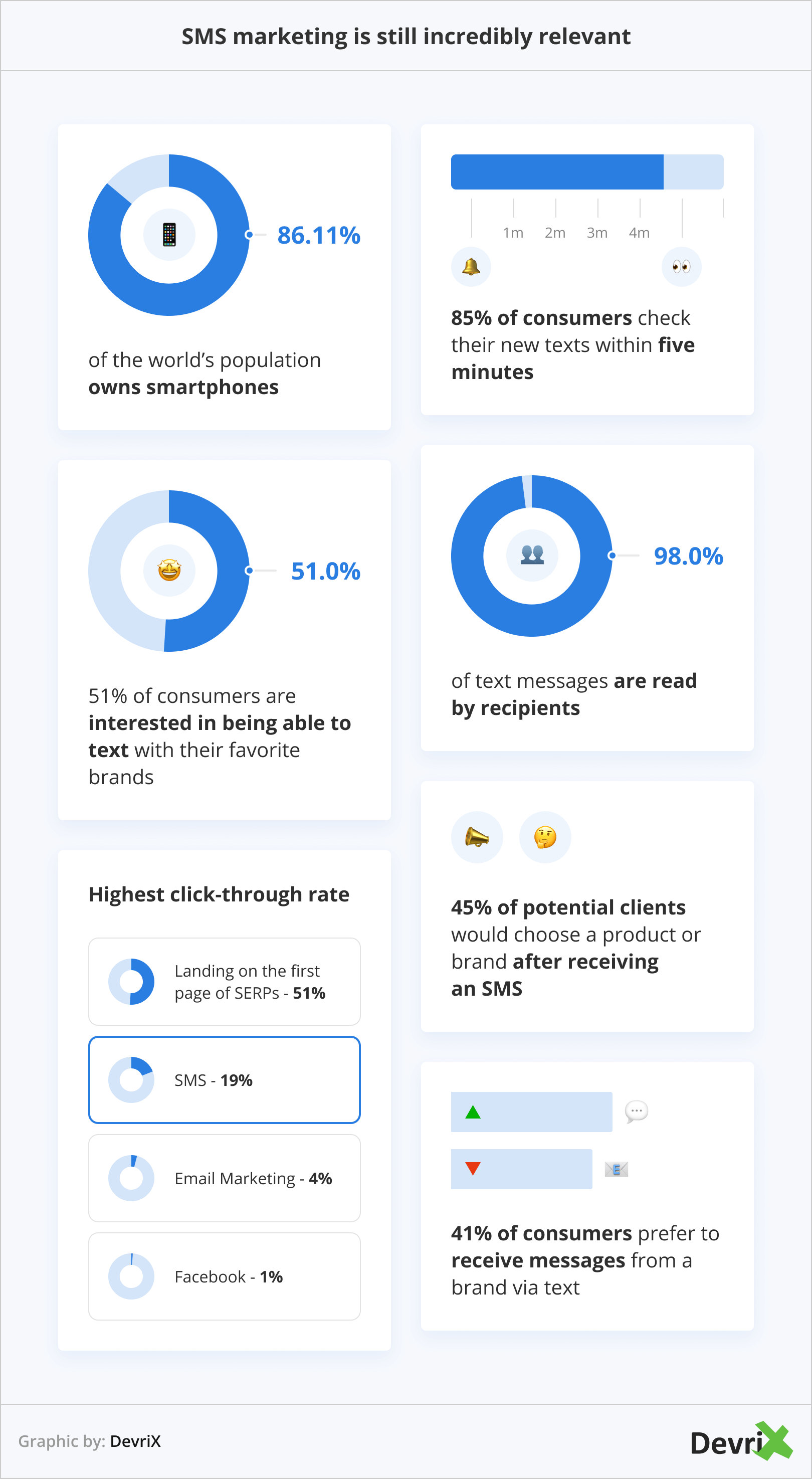
- 86.11% of the world’s population owns smartphones.
- 98% of text messages are read by recipients.
- 85% of consumers check their new texts within five minutes.
- 41% of consumers prefer to receive messages from a brand via text.
- 51% of consumers are interested in being able to text with their favorite brands.
- 45% of potential clients would choose a product or brand after receiving an SMS.
- SMS has a higher click-through rate (19%) compared to landing on the first page of Google search engine results page (SERPs), which is at 34.36%, email marketing (4 %), and Facebook (1%).
In this article, we will be covering topics such as:
- What is SMS marketing?
- Why SMS marketing and SMS advertising might be the perfect fit for your small business?
- SMS marketing strategy framework.
- SMS marketing best practices to follow.
- SMS marketing examples.
Keep on reading if you want to know more about this super cost-effective and highly engaging strategy!

What Is SMS Marketing?
SMS (short message service) marketing, also known as text message marketing, is a digital marketing strategy that involves sending short, personalized messages to customers’ mobile phones. It’s a direct and immediate channel to reach the target audience, driving engagement, promoting offers, and enhancing brand awareness.
Just like any marketing, SMS is effective when your messages are on point and sent to the right customers.
It shouldn’t replace your emails – as the longer text emails have their place – however, they do serve as a highly efficient supplement to your broader marketing strategy.
Readers also enjoy: The Role of Digital Marketing in Building a Better Brand Experience & PR Strategy – DevriX
Why SMS Marketing and SMS Advertising Might Be the Perfect Fit for Your Small Business?
SMS marketing and advertising provide numerous benefits compared to other forms of digital marketing. They also could be the perfect fit for your small business:
- Cost-Effective. SMS campaigns are more budget-friendly compared to traditional advertising methods, offering an excellent return on investment.
- High Open Rates. SMS marketing boasts impressive open rates, with the majority of messages being read within minutes of receipt.
- High Engagement. The direct and concise nature of SMS messages leads to higher engagement and response rates.
- Instant Delivery. SMS messages are delivered instantly, ensuring timely communication with your audience.
- Personalized Communication. SMS allows businesses to tailor messages to individual customers, fostering a more personal connection.
- Opt-in Subscribers. SMS marketing targets customers who have willingly subscribed, ensuring a receptive audience for your promotions.
- Time-Sensitive Promotions. SMS is perfect for time-sensitive offers and last-minute deals, creating a sense of urgency among customers.
- Easy Call-to-Action. Including links or phone numbers in SMS messages makes it simple for customers to take immediate action.
- Segmentation Possibilities. SMS marketing allows businesses to segment their customer base based on behavior, location, or preferences, tailoring messages for better results.
In short, as a small business owner, you should start thinking about incorporating these super effective and affordable tactics that allow you to personalize messages, and create a sense of urgency with time-sensitive offers. It’s the perfect way to boost your business, build brand awareness, and create meaningful connections with your most valuable customers.
Framework to Create Your SMS Marketing Strategy
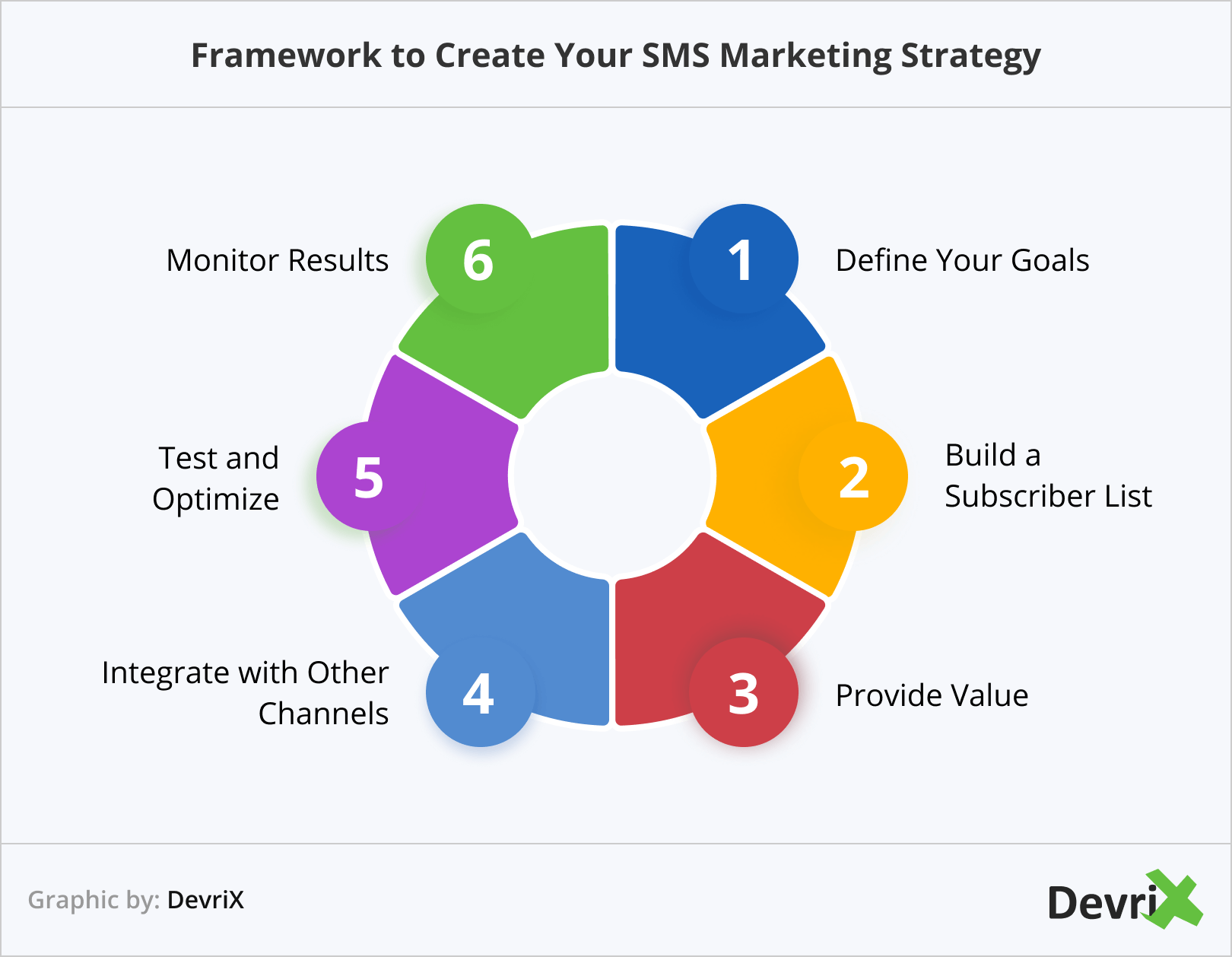
Let’s go through a simple framework for your SMS Marketing Strategy:
- Define Your Goals. Determine the specific objectives you want to achieve through SMS marketing, whether it’s increasing sales, driving website traffic, or improving customer engagement. Keep your goals simple and SMART (Specific, Measurable, Achievable, Relevant, and Time-Bound).
- Build a Subscriber List. Encourage customers to opt-in to receive SMS updates from your business. Provide incentives like exclusive discounts or valuable content to attract subscribers.
- Provide Value. Ensure that your SMS content offers real value to your subscribers. Focus on delivering exclusive deals, important updates, or useful information to keep them engaged.
- Integrate with Other Channels. Align SMS marketing with your overall marketing strategy. Integrate it with email campaigns, social media, or other channels for a cohesive approach.
- Test and Optimize. Continuously test different message formats, timing, and offers to see what resonates best with your audience. Use analytics to track performance and make data-driven improvements.
- Monitor Results. Regularly analyze the effectiveness of your SMS marketing efforts by monitoring metrics such as open and click-through rates, and conversion rates. This will help to refine your strategy accordingly, allowing you to set new goals and improve continuously.
Readers also enjoy: Website Metrics That Matter [And You Should Track] – DevriX
SMS Marketing Best Practices
Once you’ve got your strategy all set, it’s time to dive into your marketing plan and kickstart your first SMS campaign. But hold on, before you hit that “Send” button, let’s go through a few essential tips based on best practices.
Comply with Regulations
Follow all relevant SMS marketing regulations, such as obtaining proper consent and opt-out option. In the U.S, Canada and EU it is against the law to text people that have not given you explicit permission to do so. Make sure your list of recipients has given you the okay to send messages.
Use loyalty software to collect customer info and ensure you are compliant. Loyalty software can track customer behavior, manage rewards, and analyze program effectiveness, helping businesses build stronger relationships with their customer base.
Here are five popular loyalty software options:
- LoyaltyLion. LoyaltyLion is a comprehensive loyalty software that allows businesses to create personalized loyalty programs. It offers features like points-based rewards, referral programs, VIP tiers, and customer segmentation for targeted promotions.
- Smile.io. Smile.io enables businesses to set up and manage points, referral, and VIP programs. It integrates seamlessly with various e-commerce platforms, making it easy to implement loyalty initiatives for online stores.
- Belly. Belly focuses on increasing customer engagement for small and medium-sized businesses. It offers digital loyalty cards, personalized rewards, and marketing tools to drive repeat business.
- Loyalty Gator. Loyalty Gator is a versatile loyalty software solution suitable for various industries, including retail, restaurants, and hospitality. It enables businesses to create custom loyalty programs, track customer engagement, and analyze program performance.
- Kangaroo. Kangaroo offers a simple and user-friendly program that works for both online and brick-and-mortar businesses. It allows businesses to set up rewards, referrals, and customer feedback features to enhance customer loyalty.
Don’t forget to include an easy opt-out mechanism in your SMS. Respecting your recipients’ preferences builds trust and credibility.

Craft Compelling Messages
Keep your messages clear, and engaging. Use persuasive language and a strong call-to-action to encourage recipients to take action.
Short and sweet works best, aim for around 160 characters. Start by introducing yourself so customers recognize you, then state your purpose – be it a special offer, seeking feedback, or a review. End with a clear call to action and, if relevant, include a link.
Segment Your Audience
It is always best that you send your messages to the right people. Divide your subscriber list into smaller groups based on demographics, behavior, or preferences. If you have the data, can also personalize your SMS with the recipient’s name or other relevant information. It adds a personal touch and boosts the chances of a positive response.
Timing Matters
Think about the time zone you are in and when it’s best to send out your SMS. Avoid bothering your audience during odd hours such as late night or early morning, and consider when they are most likely to be receptive to your message.
Test Before Launch
Send testing messages to yourself and your team to check for any errors, typos, or technical glitches. It’s better to catch them early than to apologize later.
Readers also enjoy: The Ultimate Pre-Launch Marketing Checklist for Start-Ups – DevriX
SMS Marketing Examples
SMS campaigns should always provide value to your recipients. Here are 11 examples that you could incorporate into your plan.
- Welcome Messages. Send a welcome text after a customer signs up: “Welcome to [Your Business Name]! We’re thrilled to have you on board. Stay tuned for exclusive deals and updates!”
- Exclusive Offers. Send SMS messages to your loyal customers with exclusive discounts or deals by making them feel valued while you encourage repeat purchases. “Hey there, John! Enjoy 20% off your next purchase with the code ‘VIP20’. Shop now: [Link].”
- Flash Sales. Create a sense of urgency by announcing limited-time flash sales: “Hurry, [Your Business Name]’s 3-hour flash sale starts now! Get up to 50% off on selected items. Don’t miss out!”
- New Product Launches. Inform your subscribers about exciting new product releases via SMS, generating curiosity and driving early sales: “Exciting news! Introducing our latest product, the [Product Name]. Pre-order now to get a free gift! [Link].”
- Abandoned Cart Reminders. Send timely SMS reminders to customers who have left items in their shopping carts: “Oops! You forgot something in your cart at [Your Business Name]. Complete your purchase now and get 10% off! [Link].”
- Event Invitations. Promote special events, workshops, or webinars by sending invitations to your target audience: “You’re invited! Join us for an exclusive virtual workshop on [Topic]. Limited seats available. RSVP here: [Link].”
- Customer Surveys. Gather valuable feedback and insights by sending surveys to your customers, allowing them to share their opinions conveniently: “Hi there! We value your opinion. Take a quick survey and get a chance to win a $50 gift card! [Link].”
- Birthday Rewards. Delight your customers on their birthdays with special offers: “Happy Birthday from [Your Business Name]! Treat yourself with 25% off on your special day. Claim now: [Link].”
- Referral Programs. Encourage word-of-mouth marketing by offering SMS-based referral programs with incentives for customers who refer new clients. “Love shopping with us? Share the love and get rewarded! Refer a friend for 15% off, and you’ll get 20% off too! [Link].”
- Limited Stock Alerts. Alert your subscribers when popular products are running low, create a sense of FOMO or fear of missing out: “Last chance to grab your favorite [Product Name]! Limited stock left. Don’t wait, order now: [Link].”
- Customer Appreciation Messages. Show gratitude to your customers: “Thank you for being an amazing part of [Your Business Name]. We appreciate your support and loyalty!”
Wrap Up
In conclusion, SMS marketing offers small businesses a powerful tool to engage and retain customers effectively. With its high open rates and instant reach, it can drive sales and build brand loyalty. Careful planning and targeted campaigns can make it a valuable addition to your marketing strategy.
